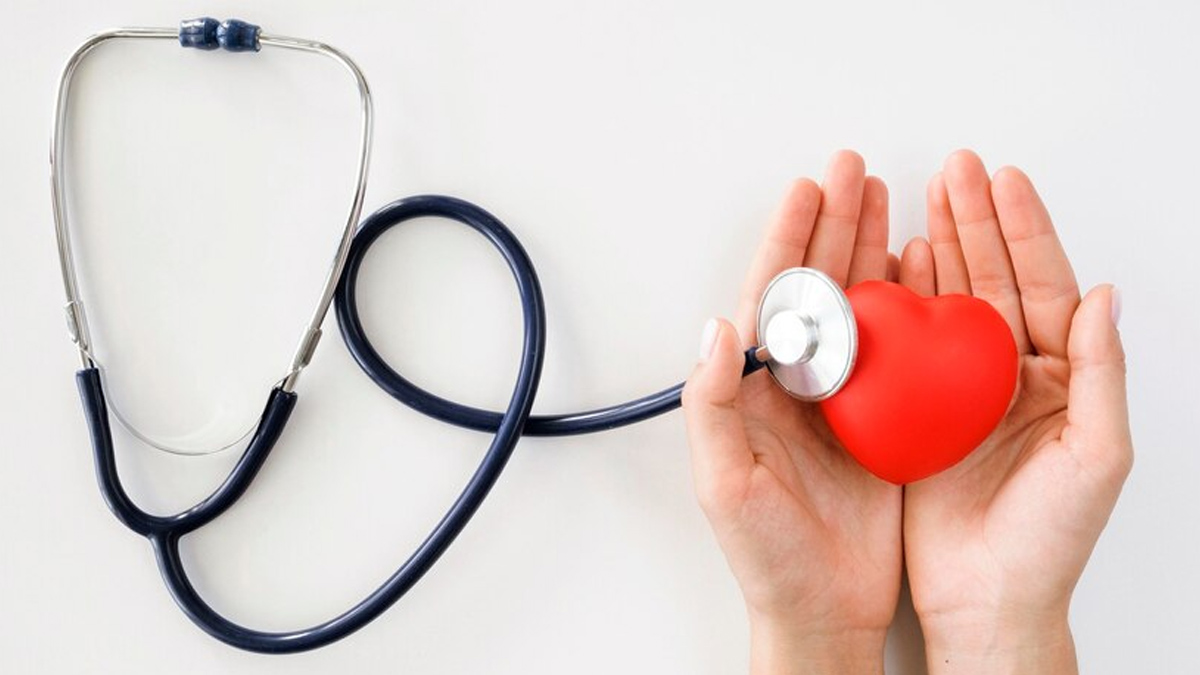
Laughter is the best medicine, a phrase many swear by. From relieving stress and aiding in muscle relaxation to boosting immunity and alleviating pain, it is said to have several positive effects on the body. But can laughing too much or too hard have fatal consequences? Speaking with the OnlyMyHealth team, Dr Sachet Dawar, Faculty of Medical Respiratory of Noida International Institute of Medical Sciences and Hospital, Noida International University, answered sharing the underlying causes.
Table of Content:-
Also Read: Rare Disease Elephantiasis: What Is This Condition That Causes Enlargement Of Body Parts
The Dangers Of Hysterical laughing And Why They Occur

It is important to note that laughing itself does not kill anyone. A condition caused by extreme laughter may prove deadly.
In 1975, a man named Alex Mitchell reportedly laughed himself to death while watching the “Kung Fu Kapers” episode of The Goodies. His granddaughter also suffered a heart attack due to a heart condition called Long QT Syndrome, which was thought to have also caused Mitchell's death.
Another man named Damnoen Saen-Um died in his sleep after almost two minutes of hysterical laughter. Reports suggest it was either a case of asphyxiation or heart failure.
Many such cases have surfaced in the past, adding to the mystery behind laughter-induced deaths.
According to Dr Dawar, it could be due to the physical toll of extreme laughter, also referred to as hysterical laughter, on the body, which can manifest in ways that may lead to severe outcomes, including instances of fatal consequences.
Explaining why, he said, “The act of laughter induces alterations in thoracic cavity pressure, influencing internal organ dynamics and the transmission of signals to the brain.” The thoracic cavity is the space inside your thorax or chest that contains your heart, lungs, and other organs and tissues.
He added, “Extreme laughter may induce risks that may manifest through complications, such as choking, and impeding proper respiration, thereby hindering oxygen intake and subsequently disrupting the oxygenation of brain cells, leading to potential cerebral dysfunction.”
Some of the common consequences of extreme or hysterical laughter include:

Cardiovascular Events
The strain induced by prolonged, intense laughter can trigger cardiovascular incidents, such as strokes or heart attacks.
Respiratory Complications
Asphyxiation, caused by a lack of oxygen during prolonged laughter, may result in respiratory distress or even a collapsed lung, leading to suffocation. Asthma flare-ups are also a common respiratory issue during intense laughter. A study published in Taylor & Francis Online found that out of 105 patients with asthma, more than 40% experienced laughter-induced asthma.
Neurological Impact
Ruptured brain aneurysms or seizures can be associated with the excessive stimulation of the brain during bouts of extreme laughter.
Hernia Complications
Laughing intensely may exacerbate conditions like strangulated hernias, cutting off blood flow to vital organs.
How To Manage Extreme Laughter
According to Dr Dawar, recorded cases indicate incidents of individuals succumbing to extreme laughter, attributed to factors such as changes in chest motion, inadvertent impacts or falls during laughter, and accompanying abdominal discomfort.
Therefore, it is imperative for individuals to exercise caution and cultivate an awareness of laughter control, as there exists a rare yet consequential risk of fatality, he advised, sharing a few strategies to manage the condition.
Dr Dawar said, “Controlling the laughter response by consciously redirecting thoughts to more sombre or distressing subjects can help mitigate the intensity of laughter.”
He further added, “Actions like pinching oneself, biting the lips or tongue, and exhaling completely followed by a cough can serve as effective distractions, helping individuals regain control over their laughter.”
Also watch this video
Read Next
As Winter Draws Near, Here’s How To Reduce The Risk Of Vitamin D Deficiency: Know All About The Link
How we keep this article up to date:
We work with experts and keep a close eye on the latest in health and wellness. Whenever there is a new research or helpful information, we update our articles with accurate and useful advice.
Current Version
